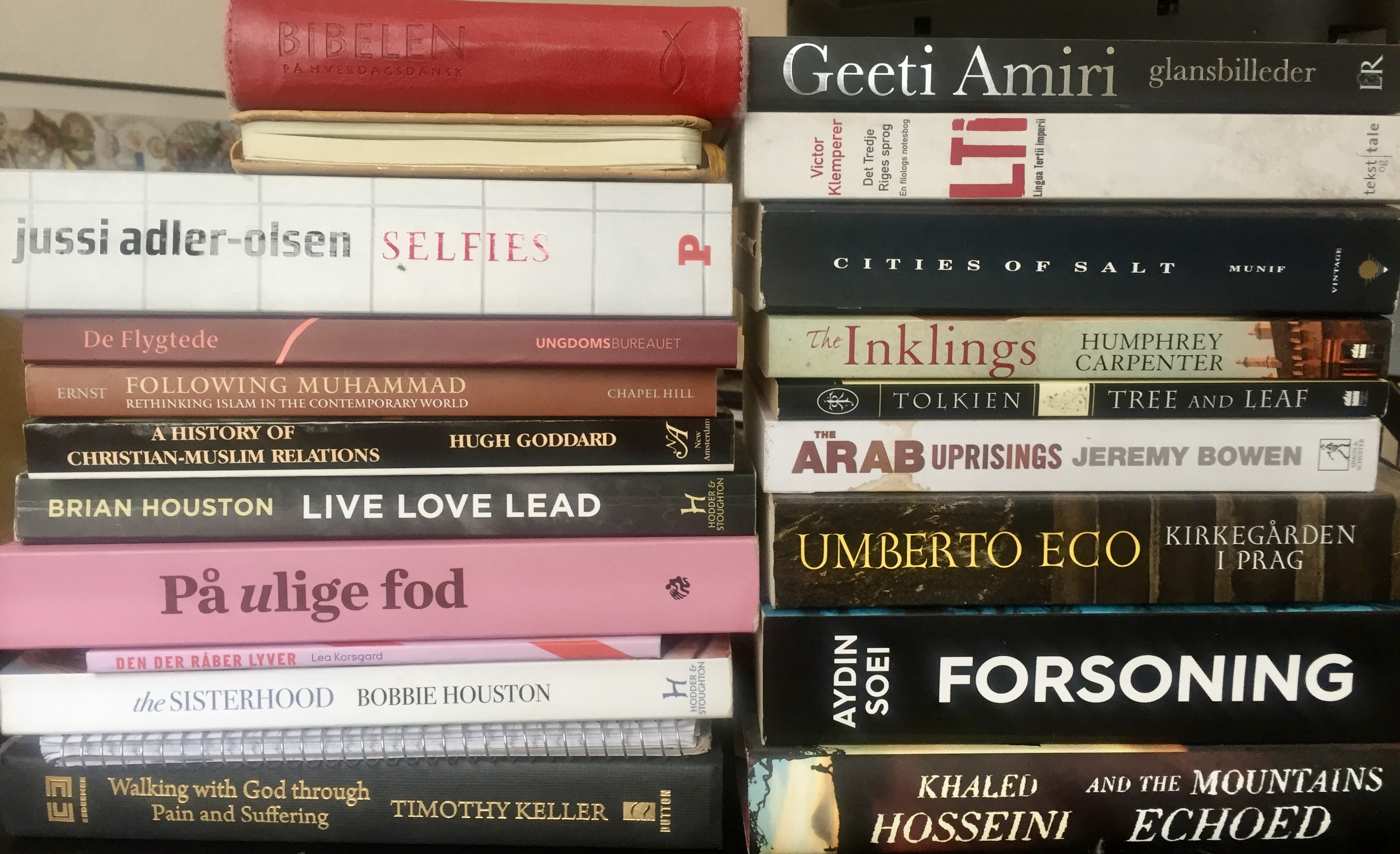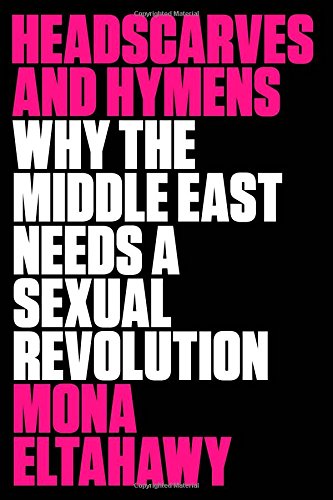I år har jeg sat mig for at læse 150 bøger. Sidste år læste jeg over 100. Det er en udfordring inspireret af Goodreads (hvis du ikke kender app’en og er en bognørd som jeg, foreslår jeg på det kraftigste, at du downloader den og tjekker den ud! Jeg kan bruge timer på den). Back to topic. Jeg er bare generelt glad for at læse og har læst en del hele mit liv. I vaske ægte Gilmore Girls style har jeg stort set altid en bog med i tasken og på nuværende tidspunkt er jeg igang med mellem 4-6 bøger på samme tid.
En dag sad jeg lidt for sjov og delte mine bedste, og værste bogoplevelser ind i forskellige kategorier. Det blev til en længere, men meget sjov liste over mine bedste forslag til “go-to” bøger, hvis man nu befinder sig i forskellige sindstemninger. Og dem deler jeg da gerne med dig:
Mine go-to bøger, hvis jeg…
…har brug for et godt grin: Fredrik Backman’s “En mand der hedder Ove”, Douglas Adams’ “An ultimate Guide to the galaxy” eller Erlend Loe’s “Doppler”.
…vil vide mere om Døden: “Har døden taget noget fra dig, så giv det tilbage” af Naja Marie Aidt, “When Breath becomes air” af Paul Kalanithi.
…er i stemning til den ultimative tåreperser: “The Boy Called “IT””.
…vil læse om stærke kvinder: Sara Omars “Dødevaskeren”, Isobel Colemann “Paradise Beneath Her Feet: How Women Are Transforming The Middle East” eller Virginia Wolf’s “A Room Of One’s Own”
…vil genbesøge en yndlings klassiker: George Orwell’s “1984”.
…har lyst til en god samfundsskildring: Kathryn Stockett’s “The Help”
…har brug for en god krimi: Jussi Adler-Olsens “Afdeling Q” eller Aurther Conan Doyle’s fortællinger om Sherlock Holmes.
…er i stemning til et godt eventyr: J. K. Rowlings bøger i Harry Potter universet, Narnia-serien af C. S. Lewis, “Den Uendelige Historie” af Michael Ende eller “Hobbitten” af J. R. R. Tolkien.
…af en eller anden usandsynlig grund igen vil prøve at fatte meningen med galskaben: “Kafka på stranden” af Haruki Murakami.
…er i stemning til sproglig finurligheder: Per Petterson’s bøger generelt.
…har brug for en god krigsskildring: “The Book Thief” af Markus Zusak, “The Zookeeper’s Wife” af Diane Ackerman eller “Clara’s War” af Clara Kramer.
…blot er i stemning for groteske samfundsfortællinger: “Glansbilleder” af Geeti Amiri, “Forbandede barndom” af Sapran Hassna. “My promised Land: The Triumph and Tragedy of Israel” af Ari Shavit. “Vrede Unge Mænd” af Aydin Soei. “Danmarks Børn i Hellig Krig” af Jakob Sheikh. “I Shall Not Hate” af Izzeldin Abuelaish.
…skal have noget pige-fnidder: Jane Austens “Sense and Sensibility” og “Pride and Prejudice”.
…vil slå hjernen fra med en ungdomsroman: Stephen Chbosky’s “The Perks of Being a Wallflower”. John Green “Turtles All the Way Down”.
…har lyst til en 1-dags-underholdning: J. K. Rowlings “The Tales of Beedle The Bard”.
…vil i kødet med en “True Story”: Truman Capote’s “In Cold Blood”.
…vil genbesøge børnebogsfilosofier: Peter Plys af A. A. Milne, “Charlotte’s Web” af White E. B. “The Little Prince” af Antoine de Saint-Exupéry.
…vil give mig i kast med bogen jeg gerne vil men aldrig kommer til at læse: “Moby Dick” (- har faktisk læst den. Nu er den aldrig igen bog).
skal genbesøge bøger der har været Life-changing: “The Shack”, bøger af Timothy Keller eller C. S. Lewis.
…skal fremhæve en bog jeg er stolt over at have læst: “Cities of Salt” af Abdul Rahman Munif.
Og til sidst blot for at slå fast: Yndlings forfattere: Fredrik Backman, Timothy Keller, J. K. Rowlings, Per Petterson, Trudi Canavan.



